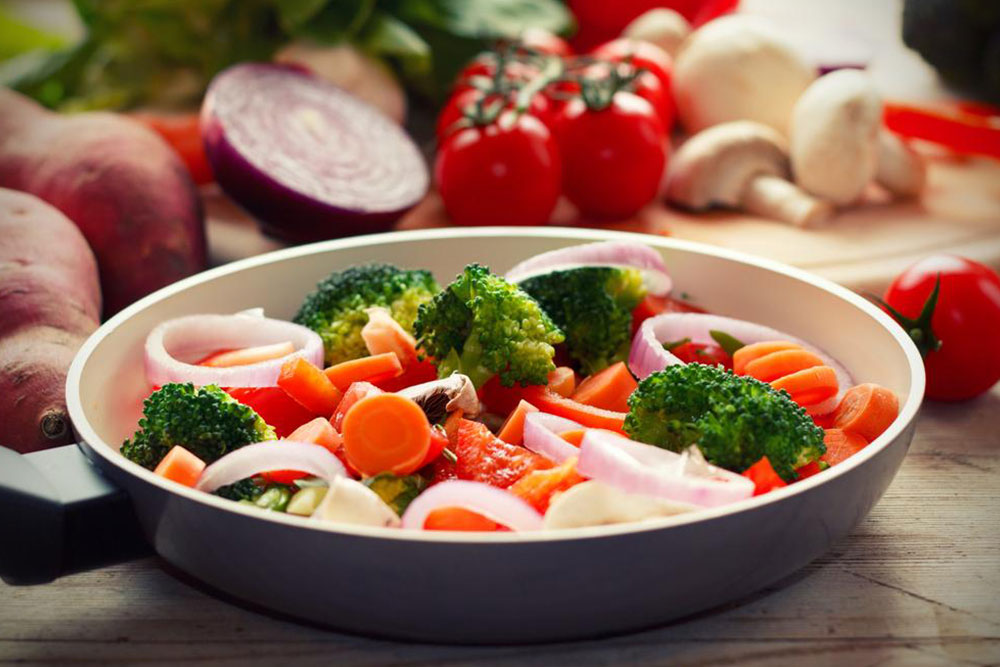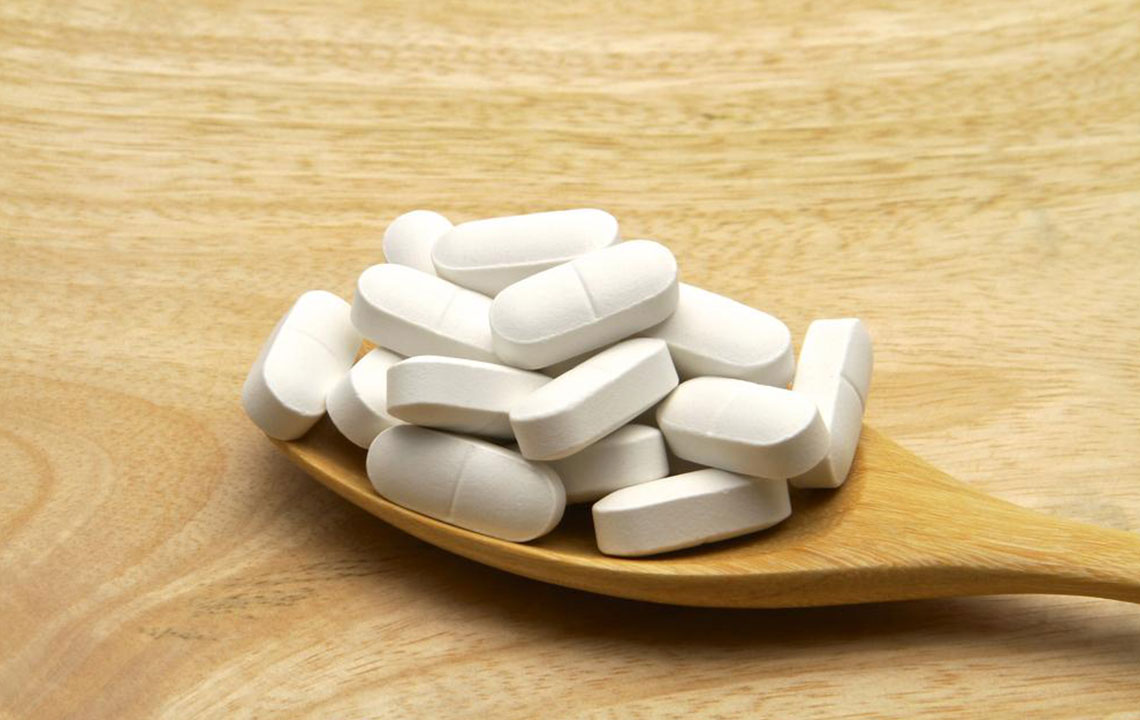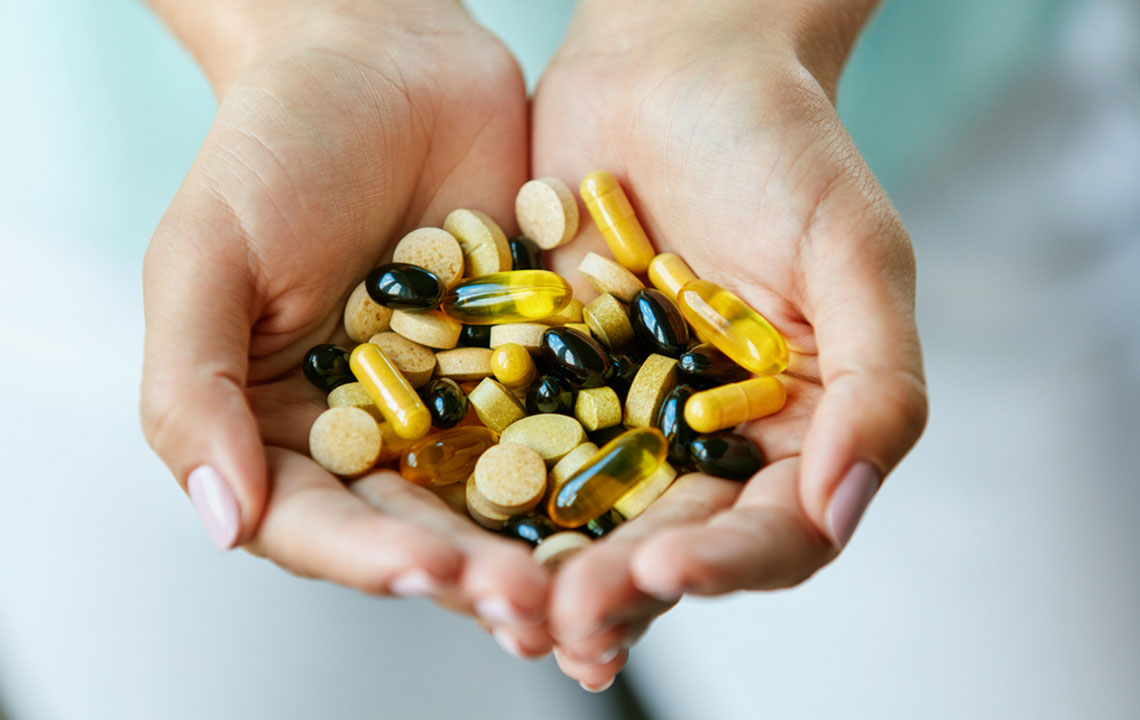Importance of Including Protein in Your Daily Nutrition
Discover the importance of integrating sufficient protein into your diet for better muscle health, immunity, and overall wellness. Learn about key sources, recommended intake, and practical tips to boost your nutritional profile, regardless of your lifestyle. From lean meats and seafood to plant-based options like soy and quinoa, enriching your meals with protein can help you stay full longer, improve mood, and support heart health. Incorporate these high-protein foods into your daily routine for optimal health benefits and maintain your vitality effortlessly.

Importance of Including Protein in Your Daily Nutrition
A well-rounded diet provides all essential nutrients for optimal health. Among these, proteins are crucial macronutrients necessary for muscle growth and cell repair. Composed of amino acids, proteins supply the body with vital calories and energy. The optimal amount of protein intake varies based on age, gender, and activity level, as noted by the Department of Agriculture.
Advantages of Consuming Protein
Proteins support muscle function, aid metabolism, and boost immunity. A daily intake of 1-1.2 grams of protein per kilogram of body weight is recommended.
Research from the Journal of Nutrition in 2015 found that teens consuming high-protein foods at lunchtime experienced improved appetite control, mood, and cognitive function.
Sources rich in protein include poultry, meats, seafood, beans, and peas. For those avoiding animal products, options like soy, hemp, and whey protein are excellent alternatives, providing comparable nutritional benefits.
Whey protein, a cheese-making byproduct, is found in supplements like protein powders, aiding weight management with approximately 20 grams per scoop.
Hemp protein from the hemp plant is available as seeds, powder, or milk, with each serving containing about 5.3 grams of protein.
Soy-based products such as soy milk, tofu, flour, and oil are high-protein options. Tofu, in particular, is considered one of the best sources, with 50 grams of soy protein potentially lowering cholesterol levels by 3%. Regular consumption supports heart health.
Seafood provides lean protein along with omega-3 fatty acids, promoting cardiovascular health.
White poultry meats like chicken (particularly skinless breasts) offer low-fat, high-quality protein—around 24 grams per 3-ounce serving. Turkey is similarly rich in protein.
Fish like sockeye salmon and yellowfin tuna are excellent sources, with 23 to 25 grams per 3-ounce serving. Canned options such as sardines and tuna also provide approximately 22 grams of protein.
Dairy products, including Greek yogurt, cheese, and eggs, are rich in protein and provide essential nutrients like calcium and vitamin D—helping prevent osteoporosis. The American Heart Association recommends one egg per day for adults.
The range of high-protein foods is extensive, catering to diverse preferences. Key options include:
Lean cuts of beef, such as sirloin, offering about 23 grams per 3 ounces.
Ground lean beef with around 18 grams of protein per 3-ounce serving.
Pork chops delivering about 26 grams per 3-ounce portion.
Chicken breast (skinless) with 24 grams, ideal for muscle building.
Sockeye salmon provides 23 grams of protein per serving, while yellowfin tuna offers 25 grams—both high in protein and omega-3s.
Canned fish like sardines and tuna supply approximately 22 grams per serving.
Greek yogurt, packing 23 grams of protein per 8 ounces, aids in blood sugar regulation.
For snacks or late-night cravings, cottage cheese supplies 14 grams per half-cup, energizing muscles and preventing hunger at night.
Large eggs contain 6 grams of protein each.
Navy beans offer 20 grams per cup, and lentils provide 13 grams per quarter-cup.
Peanut butter includes about 8 grams in two tablespoons, and mixed nuts offer 6 grams per two ounces.
Quinoa contains 8 grams per cup, and edamame provides 8 grams per half-cup serving.
Soy noodles provide 12 grams per 3 ounces, making versatile plant-based options available.
If time is limited, opt for energy bars, cereal bars, or meal replacement drinks that contain at least 6 grams of protein to maintain your intake.
Research indicates that incorporating high-protein foods like eggs or yogurt during breakfast can increase satiety and reduce overall calorie consumption throughout the day.










